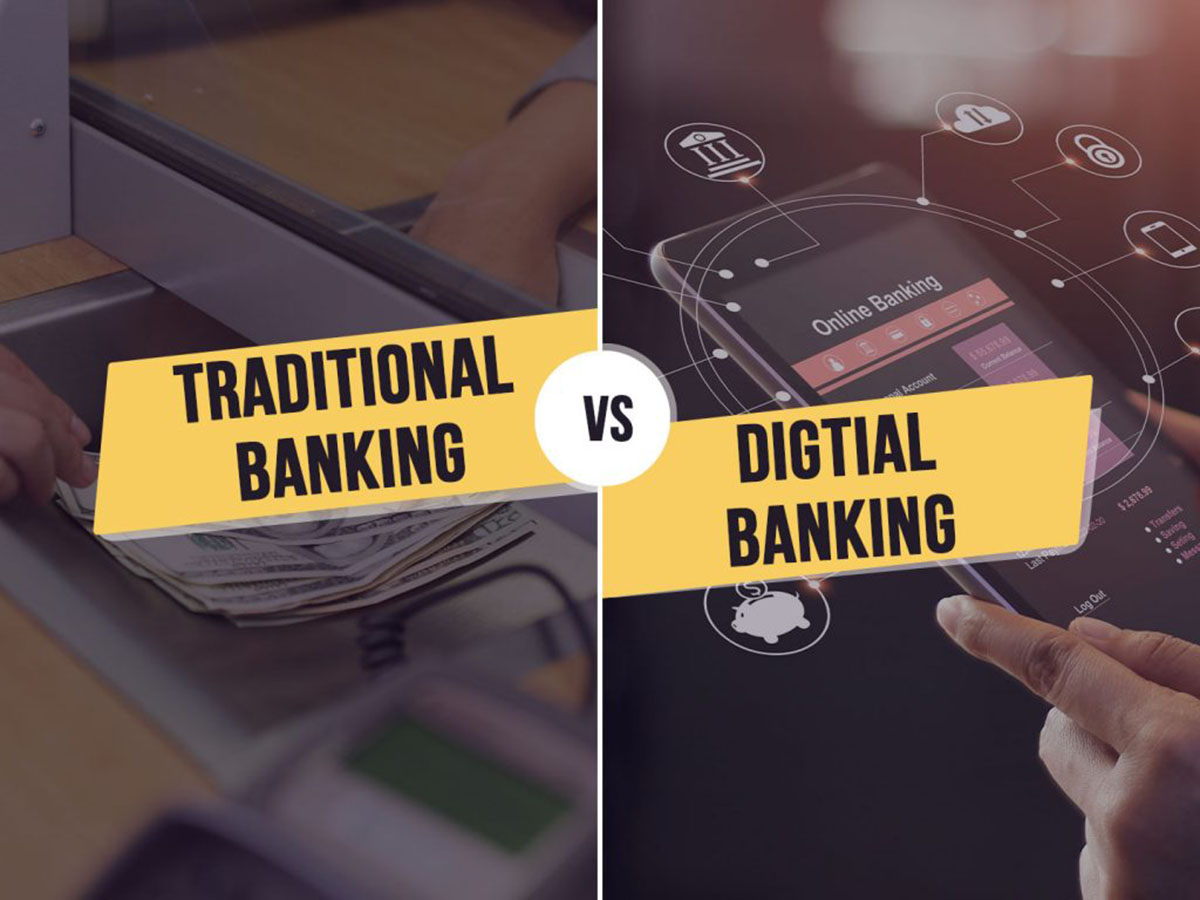Home>Finance>Lean Startup: Defined, How It Differs From A Traditional Business


Finance
Lean Startup: Defined, How It Differs From A Traditional Business
Published: December 16, 2023
Learn how Lean Startup methodology can transform your finance business. Discover the key differences between Lean Startup and traditional business approaches for financial success.
(Many of the links in this article redirect to a specific reviewed product. Your purchase of these products through affiliate links helps to generate commission for LiveWell, at no extra cost. Learn more)
Welcome to the world of Lean Startup
For entrepreneurs looking to make their mark in the business world, understanding the principles of Lean Startup is essential. In this article, we will define Lean Startup and explore how it differs from a traditional business model. So, grab a cup of coffee and let’s dive into the exciting world of Lean Startup!
Key Takeaways:
- Lean Startup is a business methodology that emphasizes experimentation, iterative development, and customer feedback to build successful and sustainable companies.
- Traditional business models typically follow a linear approach, where entrepreneurs aim to create a detailed business plan, secure funding, and execute a pre-determined strategy without significant iterations.
What is Lean Startup?
Lean Startup is a methodology developed by entrepreneur Eric Ries that focuses on creating a viable business model through a process of iterative development and continuous learning. At its core, Lean Startup encourages entrepreneurs to validate their assumptions, minimize waste, and pivot or persevere based on customer feedback. The goal is to build a company that is agile, adaptable, and customer-centric.
In a traditional business model, entrepreneurs usually spend a considerable amount of time and resources upfront developing a detailed business plan. They then seek funding to bring their vision to life and execute the plan. However, this approach often overlooks the potential drawbacks and uncertainties of the market. Lean Startup, on the other hand, emphasizes getting early feedback from customers and iterating quickly to improve the product or service.
How does Lean Startup differ from a traditional business model?
There are several key differences between Lean Startup and traditional business models:
- Emphasis on experimentation: Lean Startup encourages entrepreneurs to take a scientific approach to building a business. Rather than relying on assumptions, entrepreneurs conduct experiments to gather data and validate their hypotheses. This helps in minimizing risks and making informed decisions.
- Iterative development: Unlike the linear approach of traditional business models, Lean Startup follows a cyclical process of Build-Measure-Learn. Entrepreneurs build a minimum viable product, measure its performance, and learn from customer feedback. This iterative approach allows for continuous improvement and adaptation to the market.
- Customer feedback and validation: Lean Startup emphasizes the importance of early and continuous customer feedback. Entrepreneurs actively engage with customers, listen to their needs, and make data-driven decisions based on their input. This customer-centric approach ensures that the product or service meets market demands and solves real customer problems.
- Flexibility and adaptability: Lean Startup recognizes that the initial business plan may not always be accurate or successful. It encourages entrepreneurs to be flexible and open to pivoting if the market demands it. By continuously learning and adapting, entrepreneurs can increase their chances of success.
Conclusion
Lean Startup provides entrepreneurs with a methodology that encourages learning, iteration, and adaptation, ultimately increasing the chances of building a successful and sustainable business. By focusing on experimentation, customer feedback, and flexibility, entrepreneurs can navigate the ever-changing business landscape with confidence. So, whether you’re a seasoned entrepreneur or just starting your journey, consider adopting Lean Startup principles to take your business to new heights!














